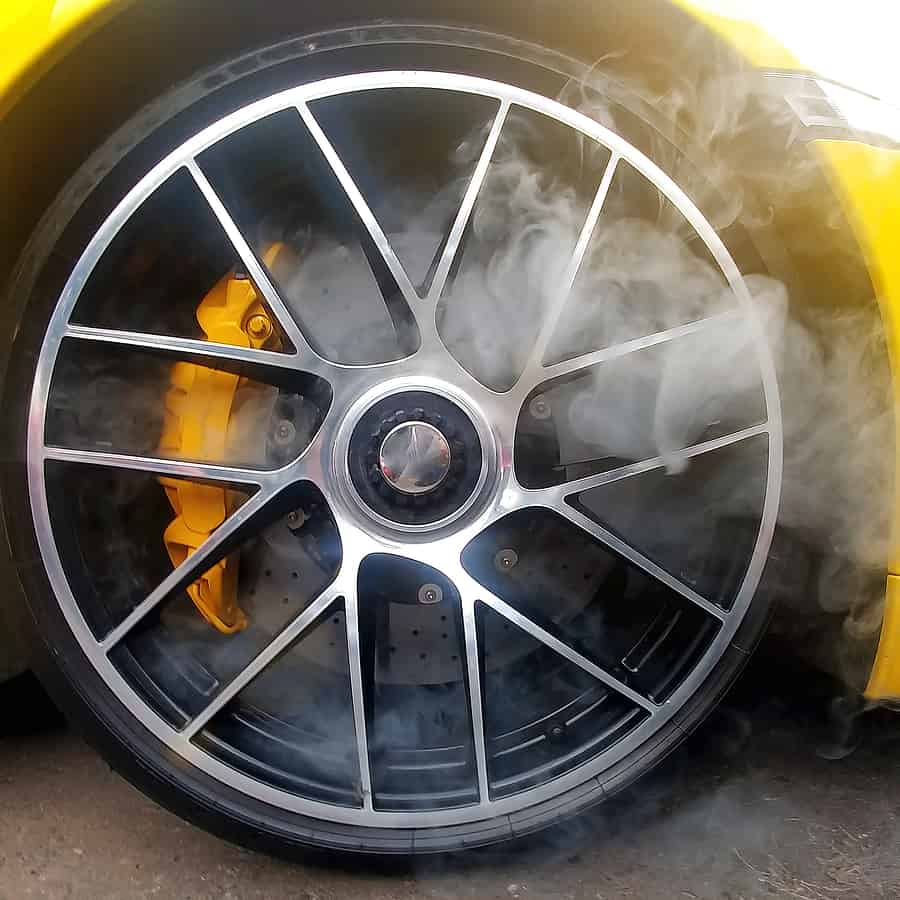
Smoke coming out of the brakes? It might be funny in cartoons, but it’s never a laughing matter when it’s your car. In fact, if you do notice a burning smell, or worse still, start seeing smoke floating around your vehicle cabin, it can be a more than unsettling experience.
Brake smoke is one of those situations where you need to act immediately. Even if you have put on new brake pads that can in rare cases smoke when you wear them in – it’s still something that you need to check. So what are the causes (and some of the fixes) of smoking brakes?
Table of contents:
- A Quick Overview of Brake Types
- What Causes Brakes to Smoke?
- Warning Signs
- How to Prevent Brake Smoke
- Our Final Word
A Quick Overview of Brake Types
Disc brakes are the classic car brakes; using calipers to apply retardive pads to a disc brake. The whole system is operated by brake fluid, which applies hydraulic force to the calipers, causing them to in turn apply the pads to the disc. This friction between the disc and pad then slows the car down rapidly before it stops completely. Disc brakes also hold your place on a hill when there is no movement, preventing the car from lurching forward under gravity.
Drum brakes can be found at the back of some cars. Rather than using a caliper to apply a brake to the wheel, this system uses a wheel cylinder to activate a drum and shoe. Apply the brake in the car and fluid immediately shoots into the cylinder, in turn activating two small pistons, which push the brake shoes into the inside of the brake drum, creating the friction necessary for the car to stop.
What Causes Brakes to Smoke?
Whether your car is new or has gone round the block a few times, there are a few common reasons why brakes start smoking:
New Pads
As we mentioned, new pads can take a little time to become accustomed to your car. In most cases, new pads won’t be a problem, especially if you degrease them fully before you replace them in your wheel array. However if either smoke comes out in large volumes, or smoke appears after degreasing, then get down your local mechanic.
Stuck Pads
Whilst you’re out on the road, small particles of debris, alongside dust from the friction on the brakes, and rust and corrosion, can start to slowly build up, which can lead to the pads getting stuck against the disc. Not only is movement strained as the wheel is impeded, but as the brakes aren’t returning to their normal position, this can mean a lot of excess heat and smoke is created as the wheel is constantly pushing against the pad. Leave this situation unchecked, and it could lead to a hefty repair bill.
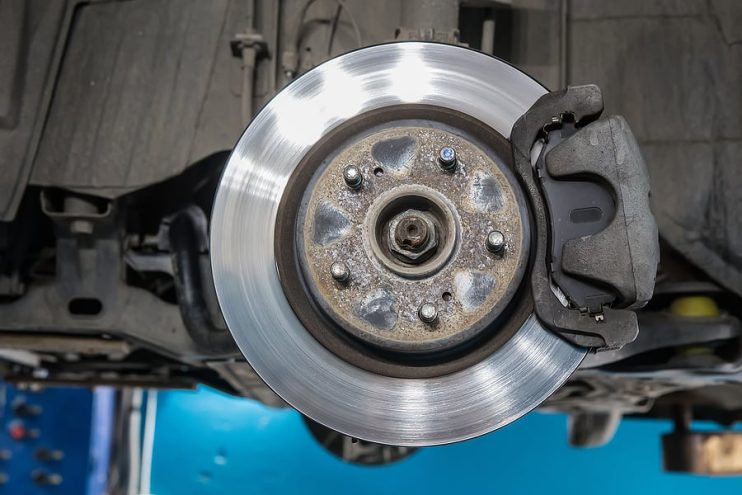
Seized Caliper
This is one of the most common causes of smoking brakes. Calipers are constantly held open by hydraulic pressure – if corrosion or debris gets in the system, and the piston the driving the pincer movement becomes obstructed, then the caliper will apply constant pressure to the disc, creating a huge amount of heat and friction. You’ll not only smell an odour in the cabin, but smoke will also come out of the brakes.
Seized Wheel Cylinder
Drum brakes are equally prone to problems with moving parts. A seized caliper in a disc brake is like a seized wheel cylinder in a drum brake system – as dirt and corrosion are also responsible for this issue. A wheel cylinder that’s somehow become locked in place, will apply constant retardive pressure on the internal shoe. Again, there’s heat and a lot of friction, but unlike calipers, it’s hard to diagnose this problem through a visual check. If you see smoke coming from the rear of your car in your side mirrors, then get it checked as soon as possible, as this problem is likely to be causing damage to your brake system.
Debris and Dirt
Many problems are caused by the amount of dirt and debris on the road. Often you can resolve issues with debris in the mechanisms with a quick visual check, allowing you to clear the obstruction. Problems with brake fluid systems however, will often require professional help.
Gung-ho Driving
Put your car through its paces, and the brakes may let you know how hard they’re working with a bit of smoke. Going hard at high speed often means hard braking. Continual acceleration and sudden braking can put pressure on the brakes. And braking continuously to slow yourself going down-hill can equally cause the heat to build up – which over time, can lead to the brakes smoking. Once the brake system starts getting hot, this can lead to issues with brake fluid boiling, which can ultimately cause system failure.
If you notice your brakes are starting to smoke, then stop and give your vehicle a chance to cool down. When you set off again, try to remain at a steady speed, and if you’re stuck in hill country, then remember that using a lower gear is a better way to slow the car, rather than continually pushing down the brakes.
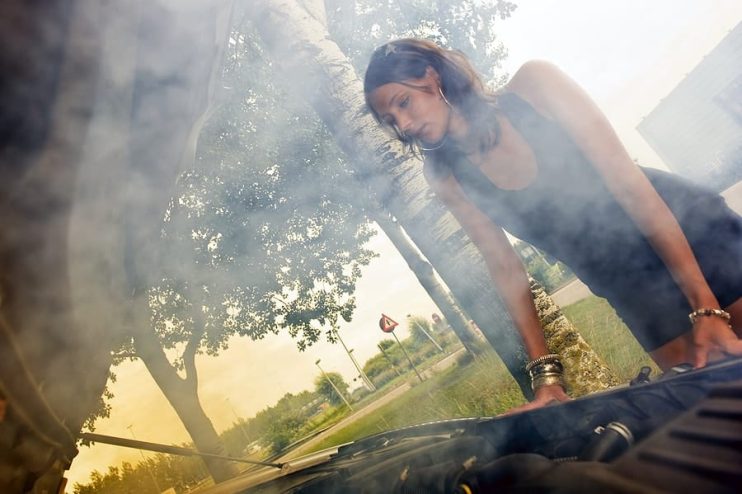
Warning Signs
Other than smoke coming directly from the brakes, what are the other warning signs that you might be having issues with the brakes? Keep one eye out for discolouration around the wheel. You’re looking for rust coloured marks on the normally clean and shiny surface of your alloy wheels, or the surrounding trim. It’s not actually rust, but compacted brake dust that’s been generated during braking, and the heat from the friction has caused it to adhere to the wheel.
How to Prevent Brake Smoke
Follow these basic tips to stop brake smoke coming from the car:
- Maintain the brake system – well-kept brakes are likely to smoke less. Check your brakes regularly, and give them a good once over every time you take off the wheels.
- Regular replacements – check the operating limits for the brake parts (such as shoes or calipers and discs) in your owner’s manual, and stick to the schedule. Also, regularly check your brake fluid and top it up if necessary.
- Better safe than sorry – caliper problems can cause damage to the car’s bearings and transmission. If you suspect problems with the calipers, then get to the mechanics and have the system checked out.
- Check pads and rotors – include these in your inspection routine, and check for premature wear.
- Inspect the drum components – do you have the other type of braking system? Check the wheel cylinder for rust, and make sure you give all the parts a good once over when you’re doing your inspections.
- Remove the brake dust – you may find reference in your service manual to a brake clean or deglaze. This process removes all the brake dust from your wheels and prevents it from becoming an on-going problem, impeding the action of the brakes – which in turn should reduce any smoke coming from the brakes.
Our Final Word
Seeing smoke come from your brakes for the first time can be shocking. Try to stay calm whilst it happens is always your first step. Review potential sources of smoke (stopping the car if needs be) and then go through our prevention tips later. It’s the easy way to resolve the situation.
Brakes are essential. They are your first line of defence in a sudden unexpected situation. Having good working brakes keeps you and others from experiencing real danger in a crash. For this reason, we always recommend that you take immediate action if there’s any whiff of trouble with your brakes. Speak to a professional and get them in a good working order, ready to deal with the worst in on the road issues.

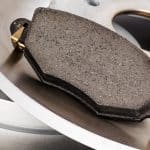
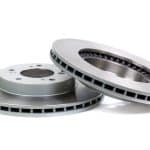
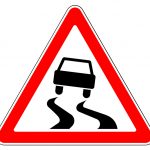
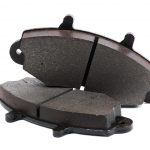
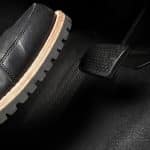
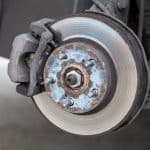

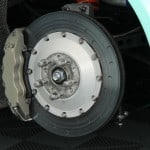
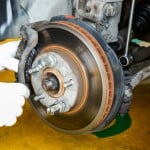
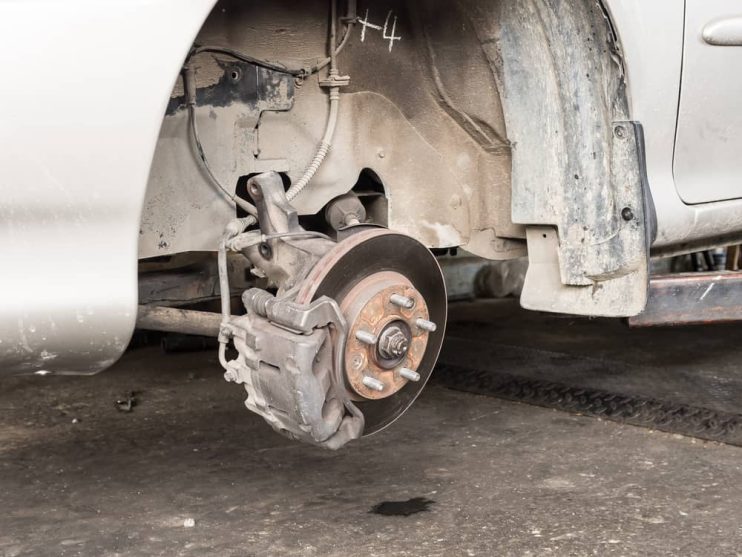
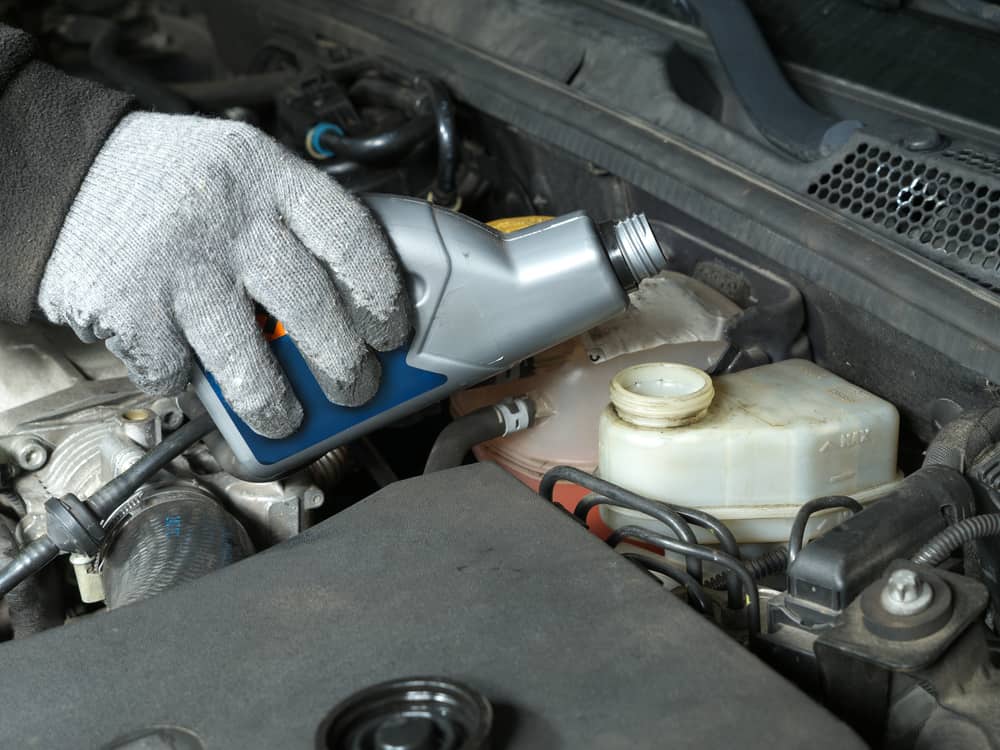
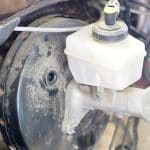
.png)